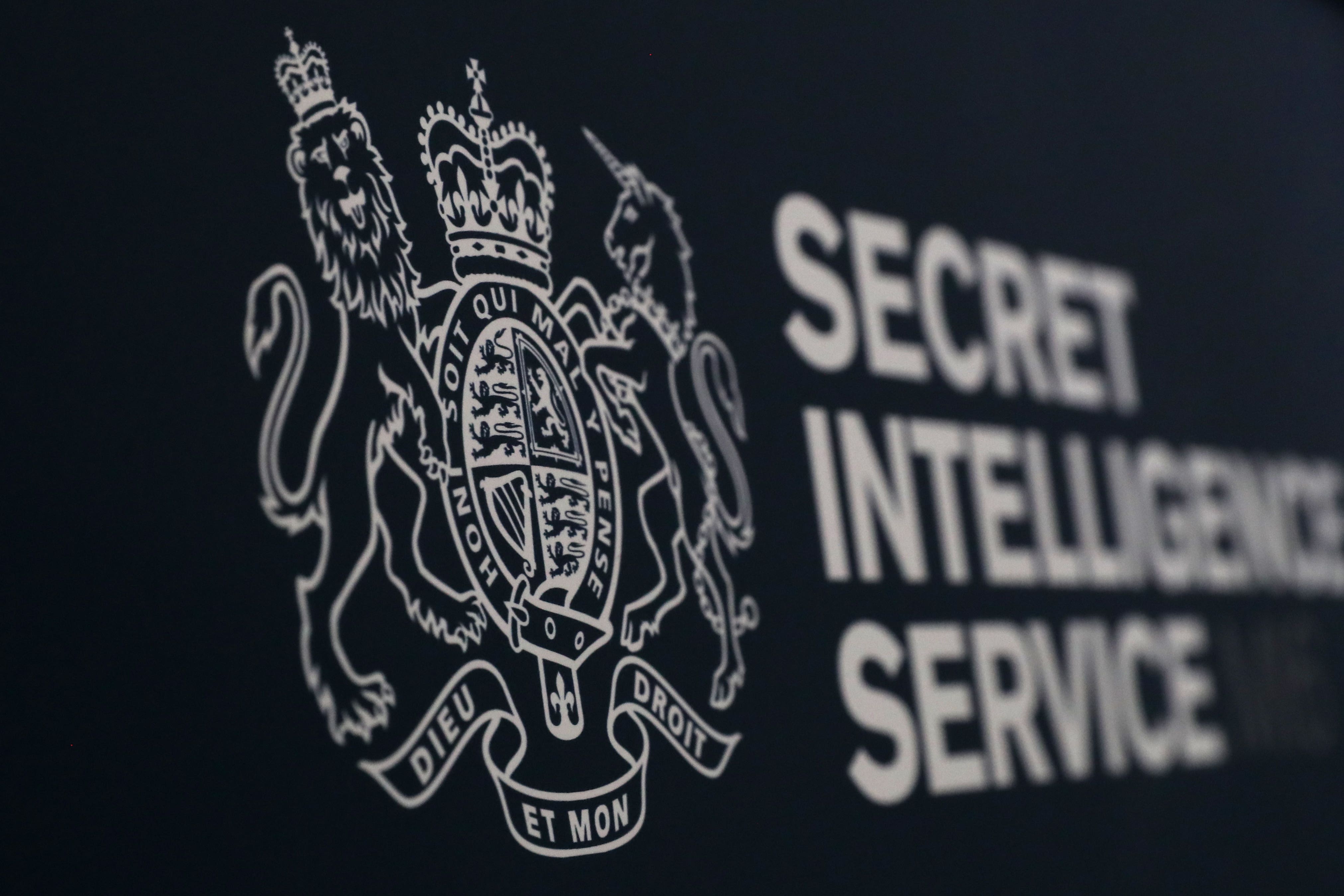Ex-MI6 boss voices fears over British intelligence blind spot with Beijing
He added that spies from China are willing to do ‘whatever it takes’ to gather commercial and military intel.

The former deputy head of MI6 has warned that the British intelligence service is not equipped to handle covert threats from China.
Nigel Inkster said his concerns stem from the basis that MI6 “clearly does have difficulties, in terms of language expertise and collective general historical and cultural awareness” when it comes to China.
He told the i: “In 2015, the British government was talking about a ‘golden era’ of UK-China relations… Given that situation, it’s perhaps unsurprising that the security service isn’t where it might be.”
During Lord David Cameron’s time as prime minister, he presided over the so-called “golden era” of relations between Britain and China.
He forged close economic ties with the Asian superpower and even hosted a state visit for President Xi Jinping in 2015.
Prime Minister Rishi Sunak, however, said in November that Lord Cameron’s political comeback as Foreign Secretary late last year will not mean the return of his “golden era” approach to China.
Mr Inkster said the UK’s blind spot extends to “all the UK intelligence community”, which includes MI5 and GCHQ.
As well as Britain lacking the skills to manage intelligence threats abroad, Mr Inkster said that Beijing already has a well-established network of “industrial-scale cyber espionage operations directed against advanced Western countries”.
On top of that, he said more spies from China are hitting the ground to engage in in-person, classic espionage.
Mr Inkster said: “We’re seeing a significant increase in human intelligence collection operations, with the Chinese services essentially seeming to be operating under no political constraints – incentivised to take risks and to do whatever it takes to get the intelligence that is required.”
Despite Mr Inkster’s fears about Beijing’s intelligence capacities, the current head of MI6 Sir Richard Moore told Politico in July that MI6 now has more resources devoted to China than any other mission, which “reflects China’s importance in the world and the crucial need to understand both the intent and capability of the Chinese government”.
However, Mr Inkster fears Britain’s recent increase in focus may not be enough to withstand Beijing’s capabilities.
“I know that there is a big effort underway to remedy those deficiencies,” he said.
“A lot of resources are now being put into getting the UK intelligence community in a better state… but it does take a certain amount of time.”
He also welcomed the new National Security Act, which became law in July after Parliament passed it and got Royal Assent.
He said the revised Act would aid the prosecution of Chinese spies, replacing “an Official Secrets Act that was derived from the First World War”.
Changes to the Act were described as the most significant overhaul of security legislation for a generation and is expected to provide the security services with greater powers to tackle threats from spies and state-backed sabotage and reform existing espionage laws, like the Official Secrets Act, to better tackle threats faced by hostile states like Russia and China.
Bookmark popover
Removed from bookmarks